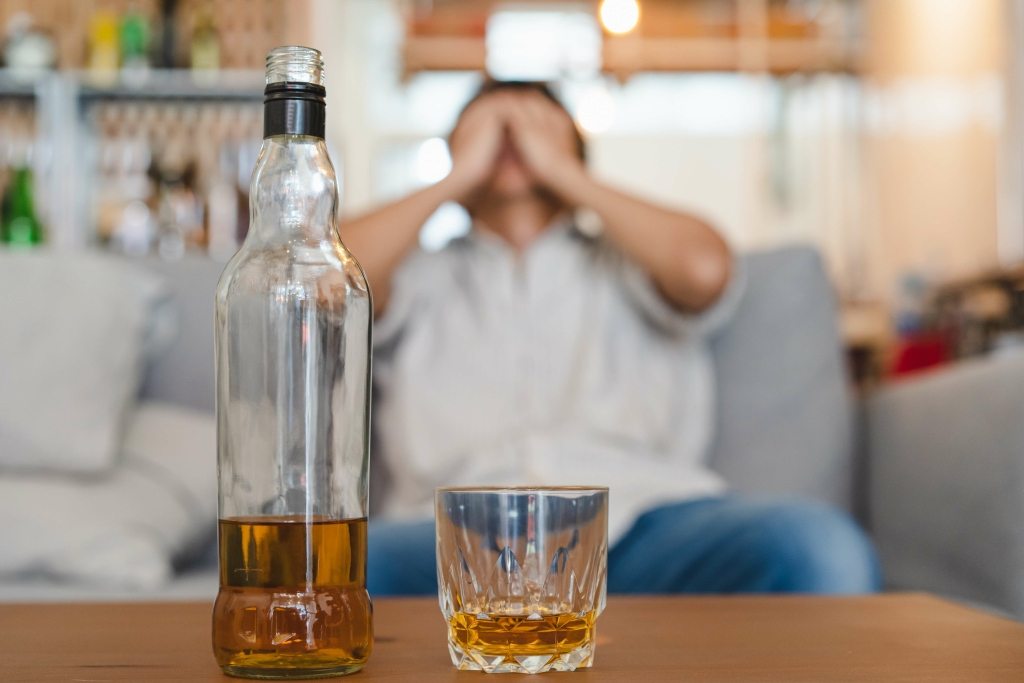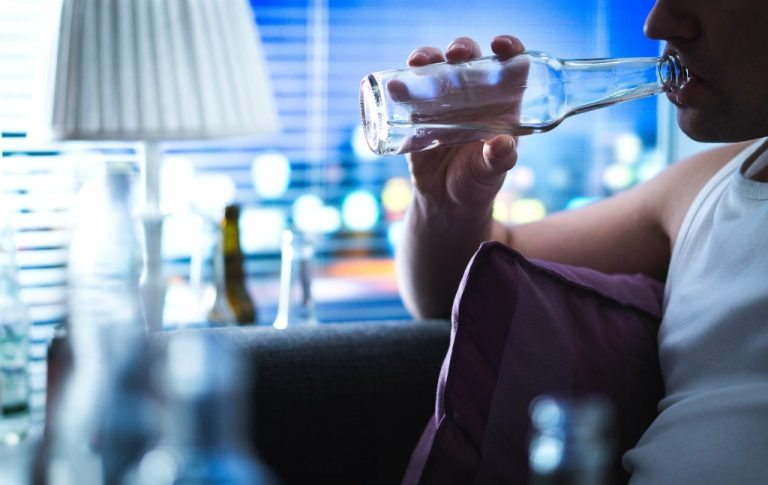That said, the higher a drink’s alcohol content, the more of a diuretic it’s believed to be. Alcohol can irritate the lining of the stomach and intestines, leading to an increased risk of dehydration. Alcohol can also increase the production of gastric acid, which can lead to further irritation and dehydration. Severe dehydration can cause feelings of dizziness, the appearance of sunken eyes, fainting spells, increased heart rate, and even loss of consciousness.
So, which alcohols are the most hydrating — or the least dehydrating?
Understanding these aspects of beer helps you make informed choices about hydration while enjoying your beverage. Continue reading the article to learn some interesting facts about why you should not rely on beer as a hydrating drink and how you can consume beer yet keep yourself hydrated. Unless you’re experiencing symptoms like delirium and fainting spells from your dehydration, it can often be treated right from the comfort of your home. If you plan on drinking but want to prevent being dehydrated, here are three easy tips to help you out. Back in college, you remember waking up hungover, with a raging headache and nausea rolling in your stomach. You’d normally shut yourself into a dark room and scarf down some food and ibuprofen to help the side effects go away.
Reduced Water Reabsorption in the Kidneys
Remember, alcohol can cause you to lose significantly more water than you consume through the drink itself, so replenishing fluids through food is essential. It’s also important to be aware of the potential impact of alcohol on kidney function and electrolyte balance. Alcohol can affect the kidneys’ ability to regulate fluid and electrolyte levels, which can contribute to dehydration. This makes it even more crucial to prioritize hydration when drinking alcohol. It’s also important to be mindful of the type and amount of alcohol consumed.
Should You Drink Water When You’re Drunk?
You should also avoid NSAIDs if your doctor has advised you to do so. “They can definitely replenish fluids and decrease the dehydration that contributes to a hangover,” says Kennedy, who does alcohol dehydrate you recommends watermelon and cucumbers, which both have a high water content. “A sprinkle of salt on either can replenish electrolytes if someone has vomited,” Kennedy adds. “Sports drinks will elevate blood glucose and can elevate sodium levels, which help muscle cells uptake and use water, leading to quicker rehydration,” explains McCall.
It’s not about abstaining entirely, unless that’s your personal goal, but rather about shifting your relationship with alcohol. It encourages you to reflect on your drinking habits and consider the impact alcohol has on your overall well-being. This approach can be especially helpful if you’re looking to moderate your drinking, reduce alcohol’s negative effects, or cultivate a healthier lifestyle. It’s a multi-pronged approach depending on electrolyte balance.
Depletion of Electrolytes
- This section covers how to replenish your body and when professional help might be necessary.
- Between your Thursday night wine and your Saturday night cocktail, you have a fairly good sense of what kind of hangover you’re in for on Friday and Sunday mornings.
- Beer can provide hydration due to its high water content, but it’s not more hydrating than water.
While this might contribute to overall fluid deficit, the more significant factor is ethanol’s active role in expelling water. Alcohol doesn’t just make you thirsty; it directly manipulates your body’s systems to shed water. As the stomach rebels against the irritants, you lose not only the contents of your stomach but also precious fluids in the process. Vomiting pushes a significant amount of water and electrolytes out of your body. These losses can further deplete your body’s hydration levels, so replace that glass of wine at dinner with an extra glass of water. Food helps slow down the absorption of alcohol into your bloodstream, giving your body more time to process it.

Water will help your body function most https://srajallil.net/2022/09/19/5-best-ways-to-clean-out-your-system-in-24-hours/ efficiently and reduce the chances of getting dehydrated. Other lifestyle factors, such as exercise, climate, and medication use, can also impact alcohol’s dehydrating effects. The frequency and duration of drinking can also impact the dehydrating effects of alcohol. Yes, excessive alcohol consumption can lead to severe dehydration, which can be dangerous and even life-threatening if left untreated. Yes, beverages with higher alcohol content, such as spirits, tend to dehydrate you more than lower-alcohol drinks like beer or wine. Because a beer — consumed slowly — is the least dehydrating, it’s easy to jump to the conclusion that liquor is always the most dehydrating alcohol.
- According to science, about 90% of alcohol is eliminated by our liver, but 2-5% of alcohol leaves our body through urine, sweat, or breath.
- This can have a significant impact on your body’s hydration levels, especially if you’re not actively replenishing fluids.
- Reframe supports you in reducing alcohol consumption and enhancing your well-being.
Frequent alcohol use can cause or worsen nutrient deficiencies even if you consume a balanced diet. Alcohol is primarily metabolized in the liver, which generates toxic byproducts. One of them is acetaldehyde, a harmful compound that can trigger inflammation and impact liver cell function. In addition, many types of alcohol are flavored with sugars and syrups or are mixed with sugary soft drinks and fruit juices.
- And if you need help with that, I’ve included some resources at the end of this article, including a quiz to help you assess your current drinking habits.
- Ultimately, while alcohol does have dehydrating effects on the body, there are ways to stay hydrated while drinking.
- This added accountability can be a powerful motivator for positive change.
- In addition, many types of alcohol are flavored with sugars and syrups or are mixed with sugary soft drinks and fruit juices.
- Our doctor-developed products are designed to fit your goals, whether you’re cutting back, quitting, or finding balance.
It can also mess with your electrolyte balance, which is important for muscle function and nerve signaling. And let’s not forget about the impact on your skin – chronic dehydration can make it dry and less elastic, leading to premature aging. It’s like your body is slowly wearing down from the inside out. Alcohol can suppress your sense of thirst, even when your body needs fluids. Pay attention to other signs of dehydration, such as dry mouth, headache, and fatigue. Don’t rely solely on thirst as an indicator of your hydration status, especially after consuming alcohol.

As your body processes alcohol, it produces more urine than usual, flushing out fluids and essential electrolytes like sodium and potassium. These electrolytes are crucial for maintaining proper hydration and bodily functions. Essentially, your body works overtime to eliminate the byproducts of alcohol, including water, even Sober living house faster than it processes the alcohol itself. This can lead to a significant fluid deficit, leaving you dehydrated.